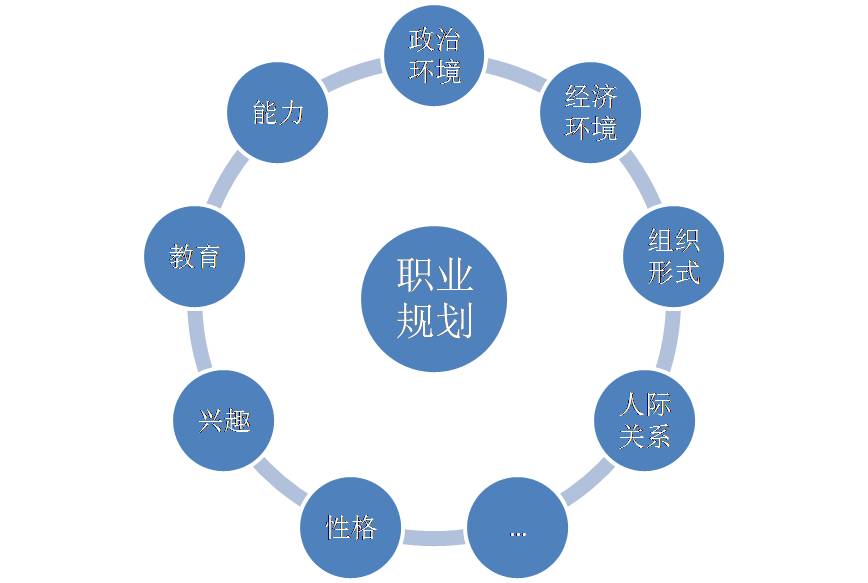why people jump to conclusions The effects of iPhone addition
The desire to jump to conclusions is a common human trait, and it's often driven by a few key factors:
1. Cognitive biases: Our brains are wired to look for patterns and make quick judgments to help us navigate the world efficiently. However, these cognitive shortcuts can sometimes lead us to draw conclusions without enough evidence.
2. Emotional influence: Strong emotions, such as fear or excitement, can cloud our judgment and lead us to make snap decisions.
3. Lack of information: In situations where we don't have all the facts, we may be more prone to fill in the gaps with our own assumptions.
4. Need for certainty: Humans generally dislike uncertainty and ambiguity. Jumping to conclusions provides a sense of resolution, even if it's based on limited or faulty evidence.
5. Social and cultural influences: Our social environment and cultural norms can also shape how quickly we make judgments. If we're surrounded by people who tend to make quick decisions, we may adopt this behavior as well.
When it comes to the effects of iPhone addiction, or any type of technology addiction, jumping to conclusions can manifest in several ways:
1. Misinterpretation of information: Constant consumption of bite-sized information from social media or news apps can lead to a shallow understanding of complex issues.
2. Impulsive reactions: The instant gratification provided by smartphones can make people more reactive rather than reflective, leading to impulsive decisions based on limited information.
3. Diminished attention span: Heavy smartphone use has been linked to shorter attention spans, which can make it difficult to focus on deeper analysis and lead to hasty conclusions.
4. Disconnection from reality: Excessive screen time can lead to a disconnect from the physical world and real-life interactions, which can result in an overreliance on digital information and a lack of understanding of nuanced situations.
5. Sleep disruption: Smartphone addiction can interfere with sleep patterns, causing fatigue that can impair judgment and decision-making abilities.
6. Social isolation: Spending too much time on a phone can lead to social isolation, which can limit the diversity of perspectives and information one receives, potentially leading to narrow-minded conclusions.
It's important to note that jumping to conclusions is not solely a product of iPhone addiction; it's a complex behavior influenced by multiple factors. However, the constant bombardment of information and the convenience of instant communication provided by smartphones can exacerbate this tendency unless users are mindful and deliberate in their consumption habits.
1. Cognitive biases: Our brains are wired to look for patterns and make quick judgments to help us navigate the world efficiently. However, these cognitive shortcuts can sometimes lead us to draw conclusions without enough evidence.
2. Emotional influence: Strong emotions, such as fear or excitement, can cloud our judgment and lead us to make snap decisions.
3. Lack of information: In situations where we don't have all the facts, we may be more prone to fill in the gaps with our own assumptions.
4. Need for certainty: Humans generally dislike uncertainty and ambiguity. Jumping to conclusions provides a sense of resolution, even if it's based on limited or faulty evidence.
5. Social and cultural influences: Our social environment and cultural norms can also shape how quickly we make judgments. If we're surrounded by people who tend to make quick decisions, we may adopt this behavior as well.
When it comes to the effects of iPhone addiction, or any type of technology addiction, jumping to conclusions can manifest in several ways:
1. Misinterpretation of information: Constant consumption of bite-sized information from social media or news apps can lead to a shallow understanding of complex issues.
2. Impulsive reactions: The instant gratification provided by smartphones can make people more reactive rather than reflective, leading to impulsive decisions based on limited information.
3. Diminished attention span: Heavy smartphone use has been linked to shorter attention spans, which can make it difficult to focus on deeper analysis and lead to hasty conclusions.
4. Disconnection from reality: Excessive screen time can lead to a disconnect from the physical world and real-life interactions, which can result in an overreliance on digital information and a lack of understanding of nuanced situations.
5. Sleep disruption: Smartphone addiction can interfere with sleep patterns, causing fatigue that can impair judgment and decision-making abilities.
6. Social isolation: Spending too much time on a phone can lead to social isolation, which can limit the diversity of perspectives and information one receives, potentially leading to narrow-minded conclusions.
It's important to note that jumping to conclusions is not solely a product of iPhone addiction; it's a complex behavior influenced by multiple factors. However, the constant bombardment of information and the convenience of instant communication provided by smartphones can exacerbate this tendency unless users are mindful and deliberate in their consumption habits.




